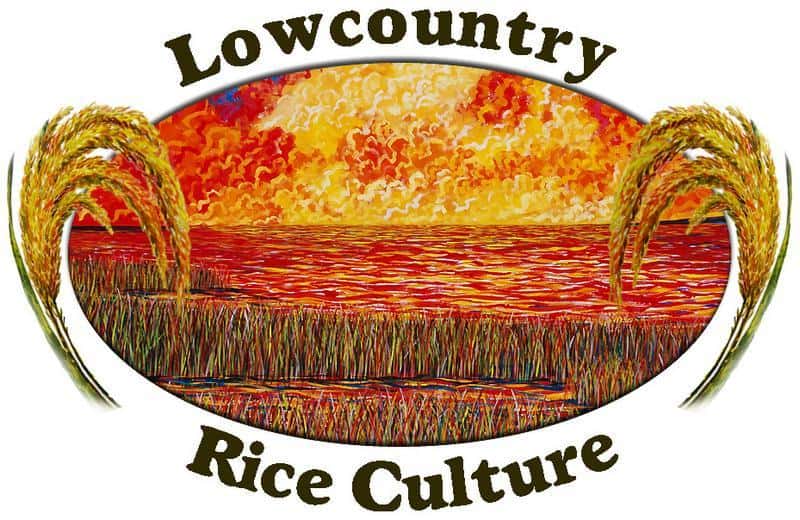The Georgetown County Library and Athenaeum Press at Coastal Carolina University will host the 2015 Lowcountry Rice Culture Forum, an event that draws enthusiastic participants to different places in our southern coastal region every other year. This year’s forum explores the significance of rice cultivation in the south and its legacies by focusing on the effect of South Carolina’s former rice industry on the arts and culture of yesterday and today.
The 2015 forum will run from Thursday, September 17th through Saturday, September 19th, and will feature lectures, entertainment, tours and exhibits around the county.
One particular program of note will be the premiere of a documentary about Georgetown County Gullah artists and cultural leaders that will be screened at the Waccamaw Neck Branch Library (41 St. Paul Place, Pawleys Island) at 7:00 p.m. on Thursday, September 17. Dr. Valinda Littlefield and local Gullah artists will speak about the project. This event is free and open to the public. The documentary was supported by SC Humanities with a Major Grant in February 2014.
“We are so happy with the presenters and partners that are making this possible,” enthused library director Dwight McInvaill about the 2015 Rice Culture Forum. “There are stellar scholars from around the nation, noted artists like Jonathan Green, and amazing performers like the Columbia City Ballet and Ron and Natalie Daise.”
For a full list of events and other details, visit the Georgetown County Library’s website: http://georgetowncountylibrary.sc.gov/programs/Pages/RiceForum2015.aspx.
The mission of SC Humanities is to enrich the cultural and intellectual lives of all South Carolinians. Established in 1973, this 501(c) 3 organization is governed by a volunteer 23-member Board of Directors comprised of community leaders from throughout the state. It presents and/or supports literary initiatives, lectures, exhibits, festivals, publications, oral history projects, videos and other humanities-based experiences that directly or indirectly reach more than 250,000 citizens annually.
